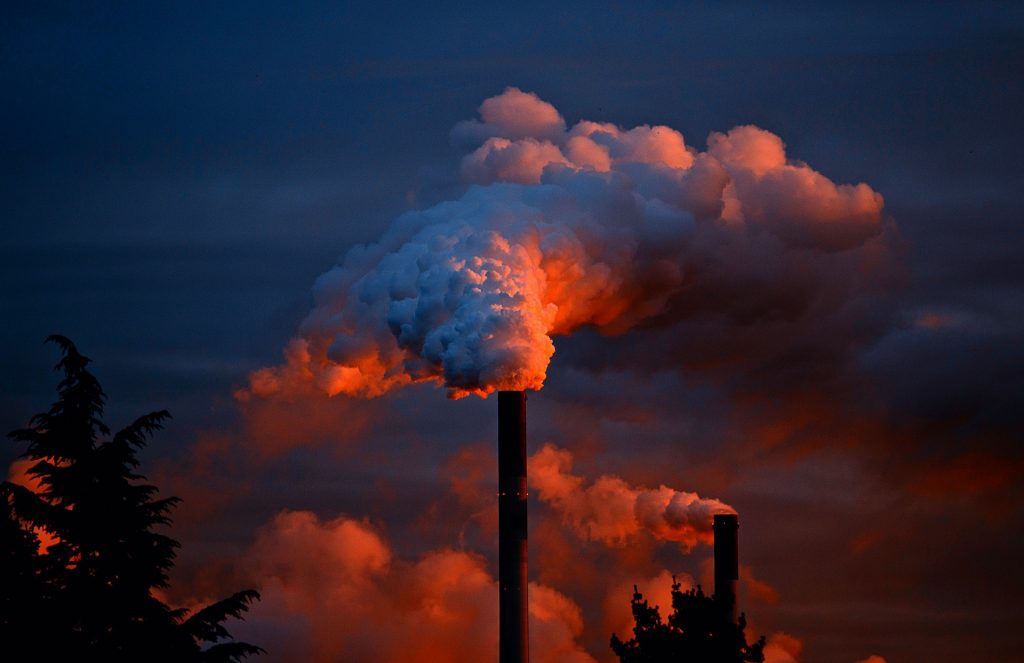Emissions trading and its international regulation in Brazil
To what extent is the carbon market a useful tool in facing climate change?

In partnership with JOTA and with the support of the Climate and Society Institute (ICS) , Conectas is publishing a series of articles in the coming months with the intention of encouraging the distribution of legal content in the field of Law and Climate. Specialists from Brazil and from abroad will discuss topics related to climate change and human rights, the international legal framework on climate change, sustainable funding, strategic litigation, regulation of trading in greenhouse gas emissions, and others.
Check out the article from the series written by Fabiana Alves, Coordinator on the Greenpeace Brazil, Climate Law Project and Maureen Santos, Coordinator on the Heinrich Böll Brasil Foundation, Socioenvironmental Justice Programme.
Global trade in greenhouse gas emissions came about with the Kyoto Protocol, created in 1997, at the United Nations Framework Convention on Climate Change (UNFCCC). It set out goals for emissions reductions in developed countries and the former Soviet economies. Trade of this nature had been going on since the beginning of the 1990s, with voluntary experiments linked to the private sector and others, for example in the United States the trade of sulfur dioxide (SO₂).


